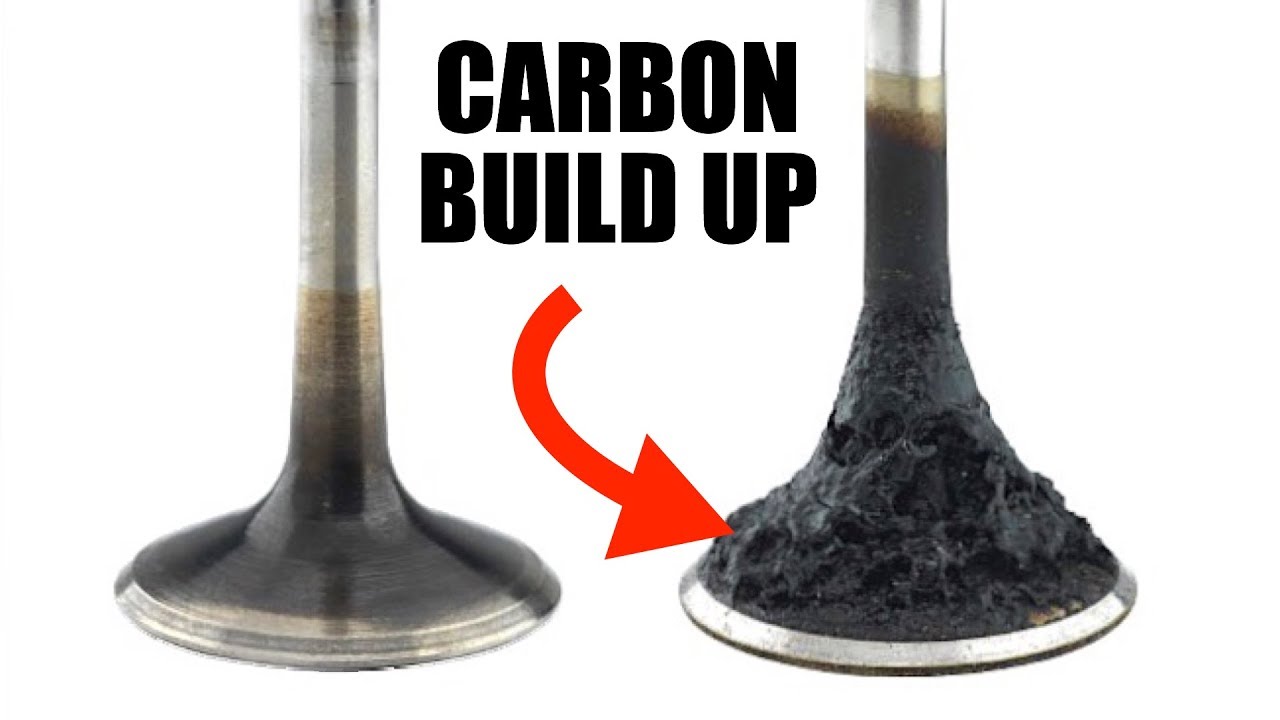Diesel Engine Carbon Buildup: The Hidden Threat to Efficiency and Longevity
-
By admin
-
November 10, 2024
- 0 Comment

Diesel engines, especially those powering generators, are susceptible to carbon buildup, particularly during low-load or idle operation. This buildup results from incomplete combustion, where carbon deposits accumulate in the combustion chamber, injectors, and exhaust valves. Over time, these deposits restrict airflow, impair fuel atomization, and significantly reduce engine efficiency, performance, and longevity.
Understanding Carbon Buildup in Diesel Engines
In diesel engines, efficient combustion depends on maintaining proper pressure within the cylinder, which varies with the engine load. When a generator runs under low load, it leads to incomplete combustion due to inadequate temperature and pressure. This process produces soot, unburned hydrocarbons, and other carbon-based materials. These deposits accumulate in critical areas such as injector nozzles, cylinder walls, and exhaust pathways, diminishing overall engine performance.
Signs of Diesel Engine Carbon Buildup
- Reduced Engine Efficiency: Carbon buildup restricts airflow and fuel injection, reducing the generator’s overall power and efficiency.
- Engine Vibration and Rough Operation: Excessive deposits can lead to misfires, engine knocking, and irregular vibrations due to improper combustion.
- Erratic or Surging Performance: Carbon deposits may cause the engine to struggle, resulting in surges and erratic power output.
- Excessive Black Smoke from Exhaust: Black smoke from the exhaust is a common symptom of incomplete combustion, often due to clogged fuel injectors or restricted exhaust systems.
- Increased Fuel Consumption: Inefficient combustion forces the engine to consume more fuel, raising operational costs.
Preventive Measures to Minimize Carbon Buildup
- Optimize Load Management: Diesel generators are designed for high-load performance. Operating them at 70-80% of their rated capacity maintains proper cylinder pressure and temperature, promoting complete combustion and reducing carbon deposits.
- Schedule Periodic Load Bank Testing: Periodic load bank testing under controlled high-load conditions helps burn away carbon deposits accumulated during low-load operation.
- Ensure High Fuel Quality: Using high-quality diesel with low sulfur content minimizes soot and carbon formation. Fuel additives can further enhance cleanliness, and routine cleaning of fuel injectors, replacing air and fuel filters, and checking the exhaust system for buildup are also essential. An annual service that includes high-load operation, injector testing, and combustion analysis is highly recommended.
Conclusion
Carbon buildup is an unavoidable issue in diesel generators, especially those operating under low or variable loads for extended periods. However, proactive maintenance practices running the generators at optimal load, conducting regular load bank testing, and adhering to a strict maintenance schedule can significantly mitigate the effects of carbon deposits. These measures are crucial for ensuring the long-term efficiency, reliability, and performance of diesel power generation systems.


